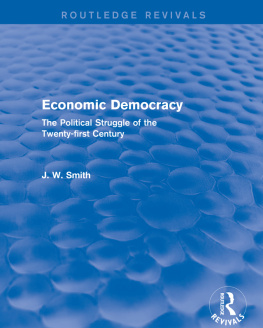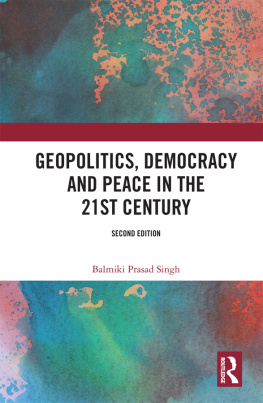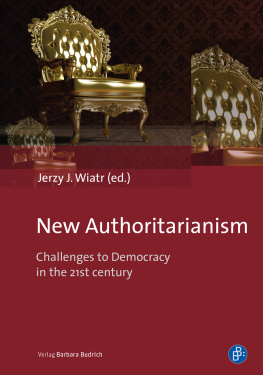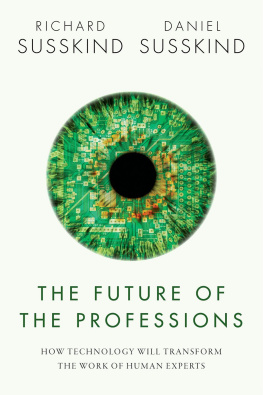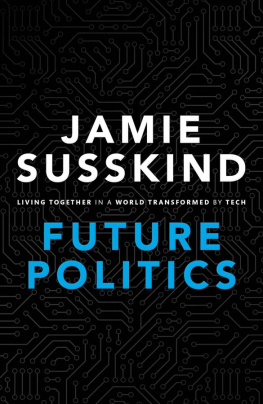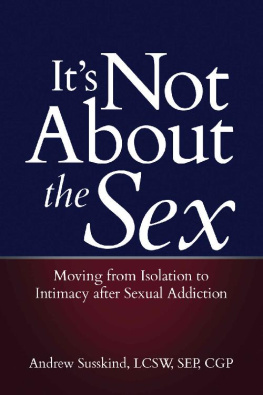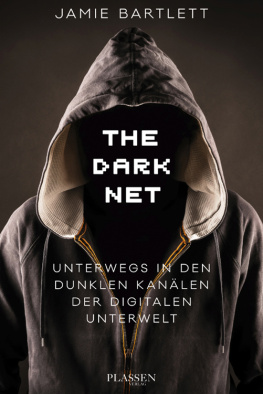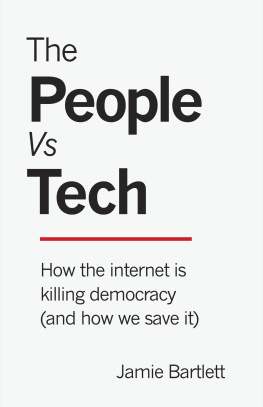Jamie Susskind - The Digital Republic: On Freedom and Democracy in the 21st Century
Here you can read online Jamie Susskind - The Digital Republic: On Freedom and Democracy in the 21st Century full text of the book (entire story) in english for free. Download pdf and epub, get meaning, cover and reviews about this ebook. year: 2022, publisher: Pegasus Books, genre: Politics. Description of the work, (preface) as well as reviews are available. Best literature library LitArk.com created for fans of good reading and offers a wide selection of genres:
Romance novel
Science fiction
Adventure
Detective
Science
History
Home and family
Prose
Art
Politics
Computer
Non-fiction
Religion
Business
Children
Humor
Choose a favorite category and find really read worthwhile books. Enjoy immersion in the world of imagination, feel the emotions of the characters or learn something new for yourself, make an fascinating discovery.

- Book:The Digital Republic: On Freedom and Democracy in the 21st Century
- Author:
- Publisher:Pegasus Books
- Genre:
- Year:2022
- Rating:4 / 5
- Favourites:Add to favourites
- Your mark:
- 80
- 1
- 2
- 3
- 4
- 5
The Digital Republic: On Freedom and Democracy in the 21st Century: summary, description and annotation
We offer to read an annotation, description, summary or preface (depends on what the author of the book "The Digital Republic: On Freedom and Democracy in the 21st Century" wrote himself). If you haven't found the necessary information about the book — write in the comments, we will try to find it.
Jamie Susskind: author's other books
Who wrote The Digital Republic: On Freedom and Democracy in the 21st Century? Find out the surname, the name of the author of the book and a list of all author's works by series.
The Digital Republic: On Freedom and Democracy in the 21st Century — read online for free the complete book (whole text) full work
Below is the text of the book, divided by pages. System saving the place of the last page read, allows you to conveniently read the book "The Digital Republic: On Freedom and Democracy in the 21st Century" online for free, without having to search again every time where you left off. Put a bookmark, and you can go to the page where you finished reading at any time.
Font size:
Interval:
Bookmark:
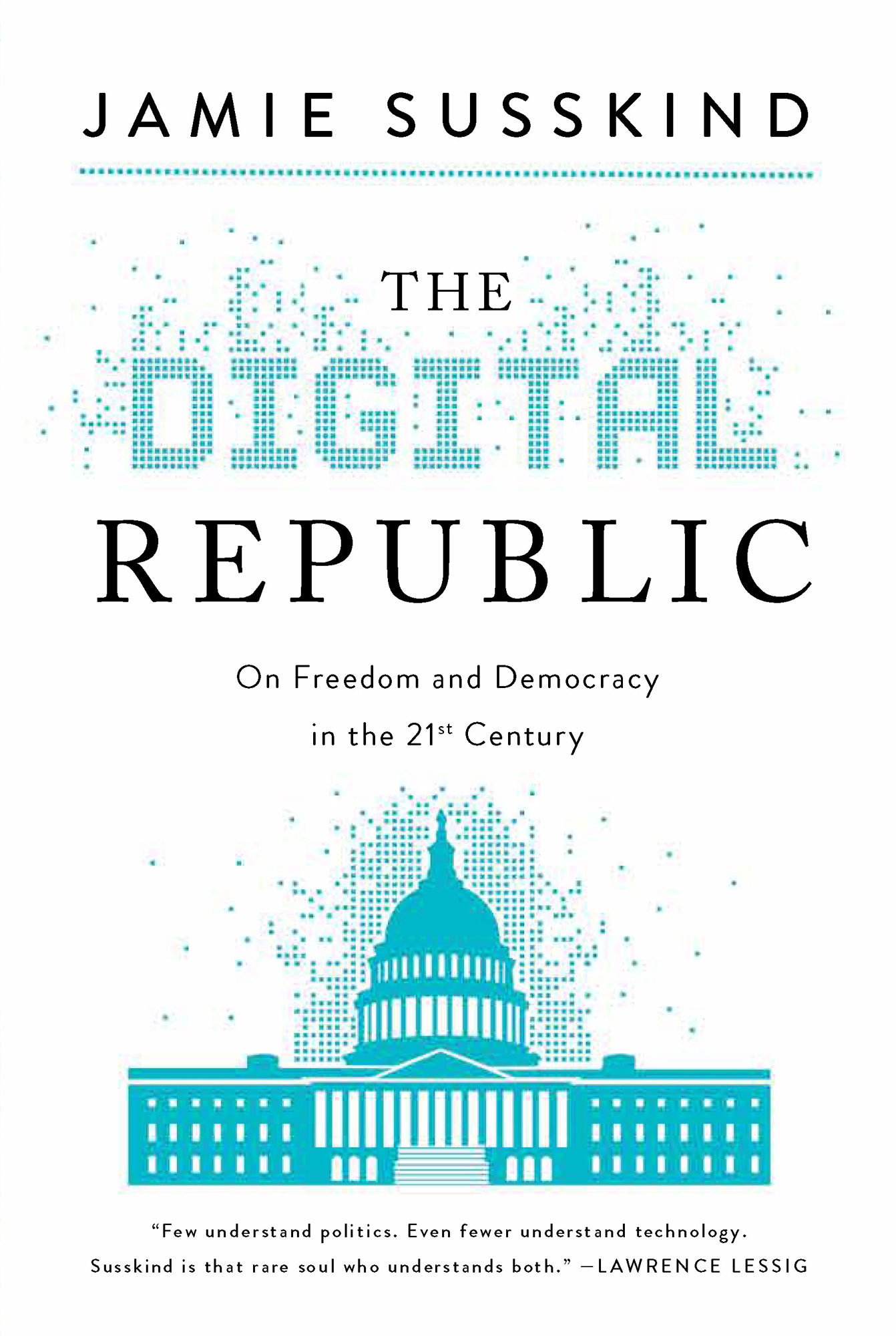
Jamie Susskind
The Digital Republic
On Freedom and Democracy in the 21st Century
Few understand politics. Even fewer understand technology.
Susskind is that rare soul who understands both. Lawrence Lessig

For Joanna
Give thy kings law leave not uncurbed the great.
John Keats
Not long ago, the tech industry was widely admired and the internet was regarded as a tonic for freedom and democracy. Not anymore. Every day, the headlines blaze with reports of racist algorithms, data leaks and social media platforms festering with falsehood and hate. Politicians denounce the tech giants in extravagant terms. Regulators crack their knuckles ominously. In the boardrooms of Silicon Valley, lawyers and lobbyists are limbering up for the fight of their lives.
What went wrong?
It is tempting to point the finger at a few big companies and the people who run them. Indeed, the story of digital technology is often told as a kind of Shakespearean tragedy, propelled by the flaws of its leading characters. But what if human failings are only a small part of the story? What if the problems at the heart of the tech industry are much bigger than any individual or company?
This book aims to persuade you that the challenges presented by digital technology are not the fault of a few bad apples. They are the result of our shared failure to govern technology properly, a failure derived from decades of muddled ideas and wishful thinking. To reclaim the promise of digital technology, and protect the things that matter most to us, we will need to do more than wag our fingers or wring our hands. The task is more fundamental. We will have to change the way we think about technology, ourselves and each other.
This book suggests how.
We cannot solve our problems with the same thinking we used when we created them.
Albert Einstein (apocryphal)
T his book is about how freedom and democracy can survive, and even flourish, in a world transformed by digital technology. It is for those who are excited by digital innovation, but concerned that we may be unprepared for the future that is coming into view.
The central challenge can be captured in two words: unaccountable power. In the early days of the commercial internet, scholars discovered that, in cyberspace, computer code operated as a kind of law.
Code carries a different kind of power, too: the power to affect how we perceive the world. Every time we use a search engine, digital assistant, news app, social media platform or the like, we let others subtly shape our outlook. Digital systems propel issues to the top of the public agenda, or make them disappear. They frame the way we see ourselves and each other. They influence our norms and customs; what we regard as true or false, real or fake, right or wrong. This form of power is more subtle than the ability to write hard-edged rules. It operates on hearts and minds. But it is no less potent for that.
Another form of power lies in the capacity of digital technologies to gather data. It is predicted that the world will have 175 zettabytes of data by 2025. If you downloaded that onto DVDs (remember DVDs?), the resulting stack of discs would stretch round the planet 222 times. More and more of our thoughts, feelings, movements, purchases and utterances are captured and analysed by systems working silently around us. With each passing year, they get better at identifying our tastes, fears and habits. This leaves us increasingly exposed to influence and anxious about the data trail we leave behind.
Despite what is sometimes claimed, digital systems are not morally neutral or objective. They are laden with biases, prejudices and priorities. Every algorithm used to determine job or credit applications, for instance, is necessarily engineered according to a particular set of values. The same is true of other algorithms too. In 2021, Facebook users who watched a video featuring black men received an automated prompt asking if they would like to keep seeing videos about Primates. This error was probably the result of poor-quality training data. But it was not an anomaly. Technology doesnt merely shunt us around. It has the power to shape the moral character of society, for better or worse.
In short: technologies exert power; that power is growing; and it is entrusted to those who write code. The tricky thing is that tech doesnt often look obviously political, at least as that term is usually understood. Digital power doesnt reside in a palace or parliament. It operates outside the traditional channels of high politics. This presents a danger. If we continue down our current path, liberty could be stifled, and democracy undermined, by diffuse technical forces that cannot be attributed to any single corporation or person.
How have the advanced democracies of the world reacted to the rise of this new and strange form of power in their midst? Until recently, with a mix of confusion and inertia, particularly in the US, where action is needed most.
Take the most recent presidential election. Before the campaign, the New Yorker magazine ran an article headlined Can Mark Zuckerberg Fix Facebook Before It Breaks Democracy?
Stories like these are so common that they have lost their capacity to shock. But in a healthy political system, public officials should not have to plead with corporations to protect the integrity of the democratic system. It shouldnt be for Mr Zuckerberg, or advertising executives, or any business for that matter, to decide the fate of a great democracy. Must we simply hope that the tech companies will do the right thing with the power at their disposal? Or should we be asking a different question: why are they given that choice at all?
In the face of growing criticism, the tech industry has sought to reassure the world that market competition will compel firms to act in the interests of consumers. After all, if businesses dont give the people what they want, they will lose out to their competitors right? This argument is seductive but ultimately wrong. This book argues that instead of reining in the might of tech corporations, the market often gives them more power. Instead of curtailing bad behaviour, the market encourages it. And instead of empowering citizens, the market strips us of our individual and collective agency.
Self-regulation has been suggested as an alternative way to hold the tech industry to account. But when tech lobbyists speak of self-regulation, they are not describing it as it is understood by professionals like doctors. Unlike in medicine, there are no mandatory ethical qualifications for working as a software engineer or technology executive. There is no enforceable industry code of conduct. There is no obligatory certification. There is no duty to put the public ahead of profit. There are few consequences for serious moral failings; no real fear of being suspended or struck off. Recent years have seen an explosion of AI ethics charters and the like, filled with well-meaning generalities about the responsible use of powerful computers. But without consequences for breaching them, these charters are just toothless statements of aspiration. The tech industry is basically saying: trust us. But blind trust is not how we govern doctors, lawyers, bankers, pilots or anyone else in unelected positions of social responsibility. Tech is the exception, and its not clear why.
Font size:
Interval:
Bookmark:
Similar books «The Digital Republic: On Freedom and Democracy in the 21st Century»
Look at similar books to The Digital Republic: On Freedom and Democracy in the 21st Century. We have selected literature similar in name and meaning in the hope of providing readers with more options to find new, interesting, not yet read works.
Discussion, reviews of the book The Digital Republic: On Freedom and Democracy in the 21st Century and just readers' own opinions. Leave your comments, write what you think about the work, its meaning or the main characters. Specify what exactly you liked and what you didn't like, and why you think so.

